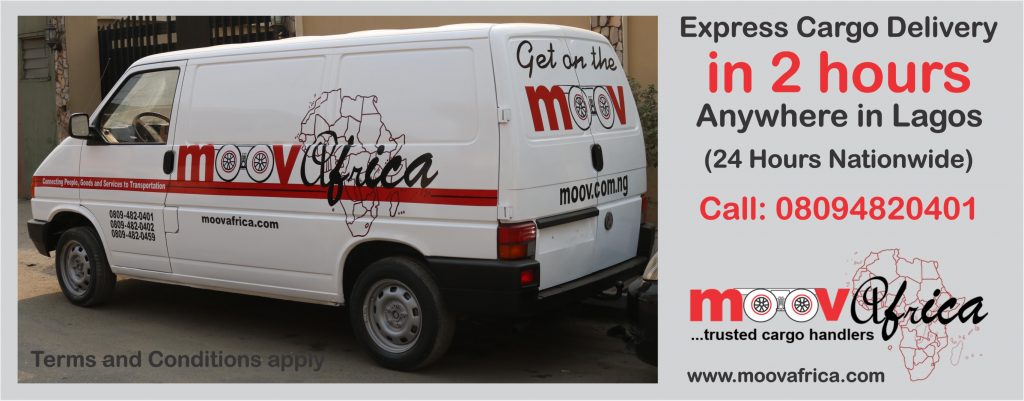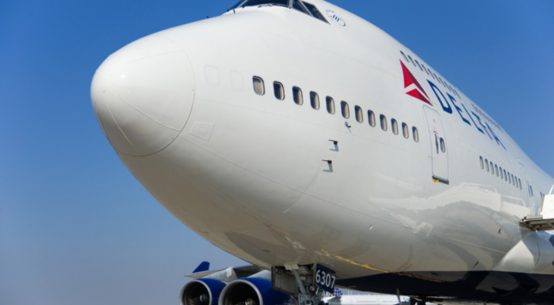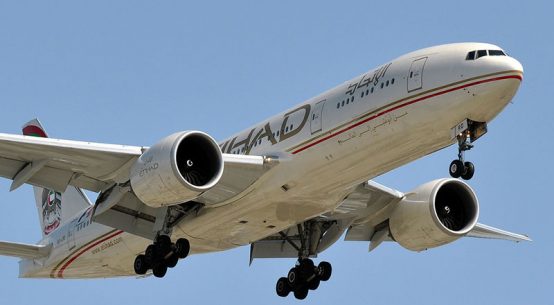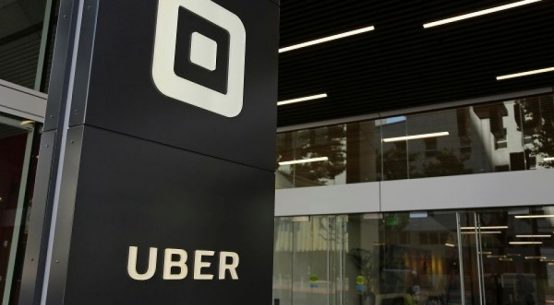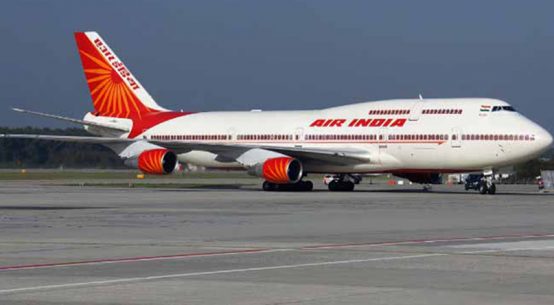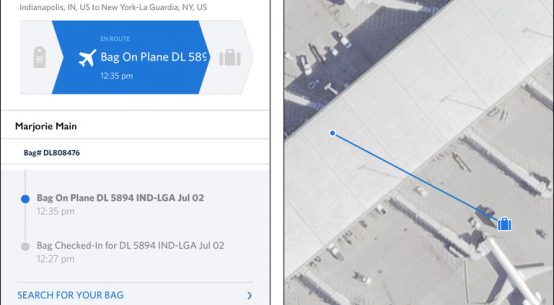
There has been an increase in the number of wholly Nigerian owned vessels on the Nigerian Cabotage register following the renewed drive by the Nigerian Maritime Administration and Safety Agency (NIMASA) to reverse what hitherto obtains in the maritime industry.
Director General of the agency, Dr. Dakuku Peterside, who disclosed this in Lagos, said half-year result showed that 125 vessels had been registered, representing a 33 percent increase when compared with the 94 registered in the corresponding period in 2017.
Also, he said the number of Nigerian seafarers placed onboard vessels from January to June this year has moved to 2,337 representing a 58.9 percent increase in the number of seafarers employed.
Peterside, who used the occasion to highlight achievements of his management in the last two years, said the fast intervention security vessels the agency leased under the maritime security strategy project is making impact.
Port State inspections, he added, rose by 10.53 percent to 525 in 2017 up from 475 in 2016, adding that flag state inspections were also experiencing an upswing from 77 in 2016 up to 98 in 2017 representing an increase of 27 percent and it’s sure to increase by the end of 2018.
He said, “A total of 125 vessels owned by Nigerians were registered in 2018 as against 94 vessels in 2017, which is an increase of 33 percent. Vessels manned by Nigerians, a total of 2,840 Nigerian officers and ratings were recommended to be placed onboard Cabotage Vessels in 2018 as against 1,789 Nigerian seafarers in the same period in 2017 which reflects an increase of 58 percent.
“Also, a total of 243 graduates and 1600 cadets are at various stages of completion of the programme, 887 of which are ready for sea-time training. We are currently tackling the issue of sea time head-on; via full sponsorship. 150 cadets with full sponsorship of sea-time training by NIMASA have commenced their onboard Sea Time training in phase 1, while another group of 89 cadets are now onboard training vessels facilitated by the South Tyneside College, UK, making a total of 239 cadets in the first phase of this programme.”
He added, “As part of the succession plan of the current leadership of the agency, an in-house knowledge transfer session was introduced where the professionals in the employ of the Agency trains the younger officers to impart more knowledge about the sector to them. NIMASA is raising a generation of thoroughbred professionals and I make bold to say that NIMASA is a knowledge-based organization, hence we can say, the future is bright for the Nigerian maritime sector.
“To give a boost to our in-house capacity, we have also entered into partnership with the World Maritime University, Malmo, Sweden in a four-year renewable Memorandum of Understanding setting out the areas of cooperation between WMU and NIMASA. The MoU covers academic collaborative and reciprocal activities in the field of education, training, research and other areas of capacity-building to be provided by Word Maritime University (WMU) to NIMASA.”
Under our Survey, Inspection & Certification Transformation Programme, he said Certificate of Competency (CoC) examinations were conducted at the Maritime Academy of Nigeria (MAN), Oron leading to the issuance of different categories of CoCs to successful candidates.
“In 2017 alone, NIMASA issued 3,752 certificates to successful seafarers. Representing a 149 percent increase from the CoCs issued in 2016. We are also enjoying the confidence of stakeholders as they now willingly verify certificates with us without prompt. A total of 1,880 certificates were authenticated for stakeholders in 2017 alone, a significant rise when compared to the 1013 CoCs verified in 2016,” he added.


